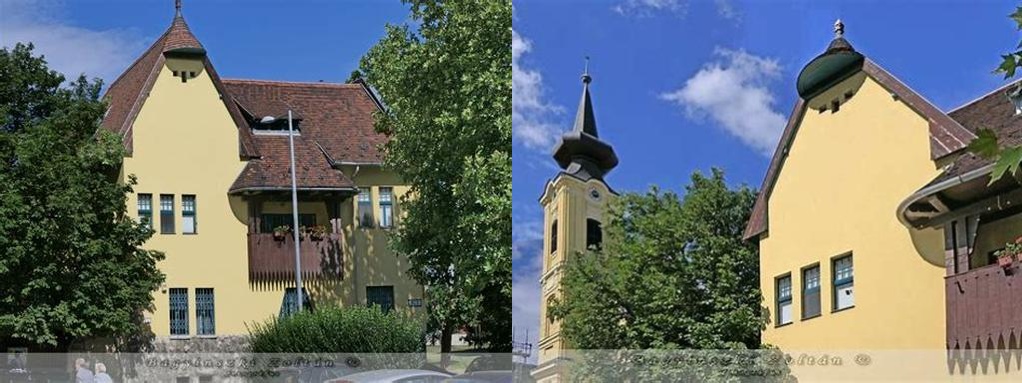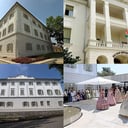
Református parókia is one of those quietly fascinating places that manages to blend heritage, architecture, and the rhythms of everyday rural life into a compelling experience. The parsonage, nestled in the heart of Hungary (and in some towns, in Transylvania, too), is more than just a building; it’s the living reflection of a community’s values, faith, and resilience. Across the centuries, parsonages like this one have shaped – and been shaped by – the world around them, serving as both the spiritual and practical anchors for the Reformed (Calvinist) tradition. You won’t find mobs of tourists here, but you will find a sense of tranquility, welcome, and a few surprises that you probably won’t expect.
Historical echoes linger in every room of the Református parókia. The story of these parsonages dates back to the Reformation, when John Calvin’s teachings found fertile ground among Hungarian communities, especially in the 16th and 17th centuries. The building itself typically sits close to the Reformed Church, often a white-washed or stone structure with a distinct tower, and the two often share a garden or courtyard. Stepping inside, you’ll notice the understated charm—vaulted ceilings, wooden beams, and sturdy furniture that speak to years of careful use. In many cases, the parsonage still serves as the residence of a minister and their family, and yet, portions have been lovingly maintained to showcase local religious art, manuscripts, and traditional textiles. The walls may be hung with old paintings or photographs of notable pastors who comforted their communities through difficult times, especially during eras like the Turkish occupation or the far more recent World Wars.
It’s not just about beautiful old rooms, either. These parsonages remain places where history and community mingle. Visitors can learn about the life and work of Gábor Bethlen, one of the most influential princes of Transylvania, whose legacy is closely tied to the growth of the Reformed Church in Hungary. In some parsonages, you might find a library housing rare books, or an exhibit detailing the role the local Reformed community played in education and social welfare—fields in which they were once pioneers. Sometimes, the resident minister or a knowledgeable local will be glad to share stories about the families who lived here, the traditions of Reformed households, and lingering local customs like the ritual of “parókia tea” gatherings. You’ll get a window into the rhythm of life that spans centuries: from 18th-century gatherings around the tiled stove in winter, right up to modern day community events in the garden.
For those interested in spirituality, the parókia offers an insight into how faith shapes daily life. There’s a material simplicity here—not just in the stone floors or the embroidered linen, but in how the parsonage fosters many kinds of gatherings. The house is a place where sermons are written, but also where neighbors drop by for counsel, young people learn hymns, and, during holidays, the community comes together for shared meals. While the architecture subtly reflects Calvinist values of modesty and functional beauty, it’s the lived experience—the laughter in the kitchen, the quiet moments in the study, the music drifting from an adjoining church—that leaves a lasting impression.
A visit to the Református parókia is unique because it’s a true slice of local life, where visitors aren’t just observers but often welcomed as guests. Whether you’re curious about church history, drawn by vernacular architecture, or simply craving a slower pace of life, you’ll discover a place where stories aren’t kept behind glass but are freely offered to all who wander by. And if you’re lucky, you might be invited to join in for a cup of homemade jam or a garden event—a memory that, like the parsonage itself, lingers long after you leave.





